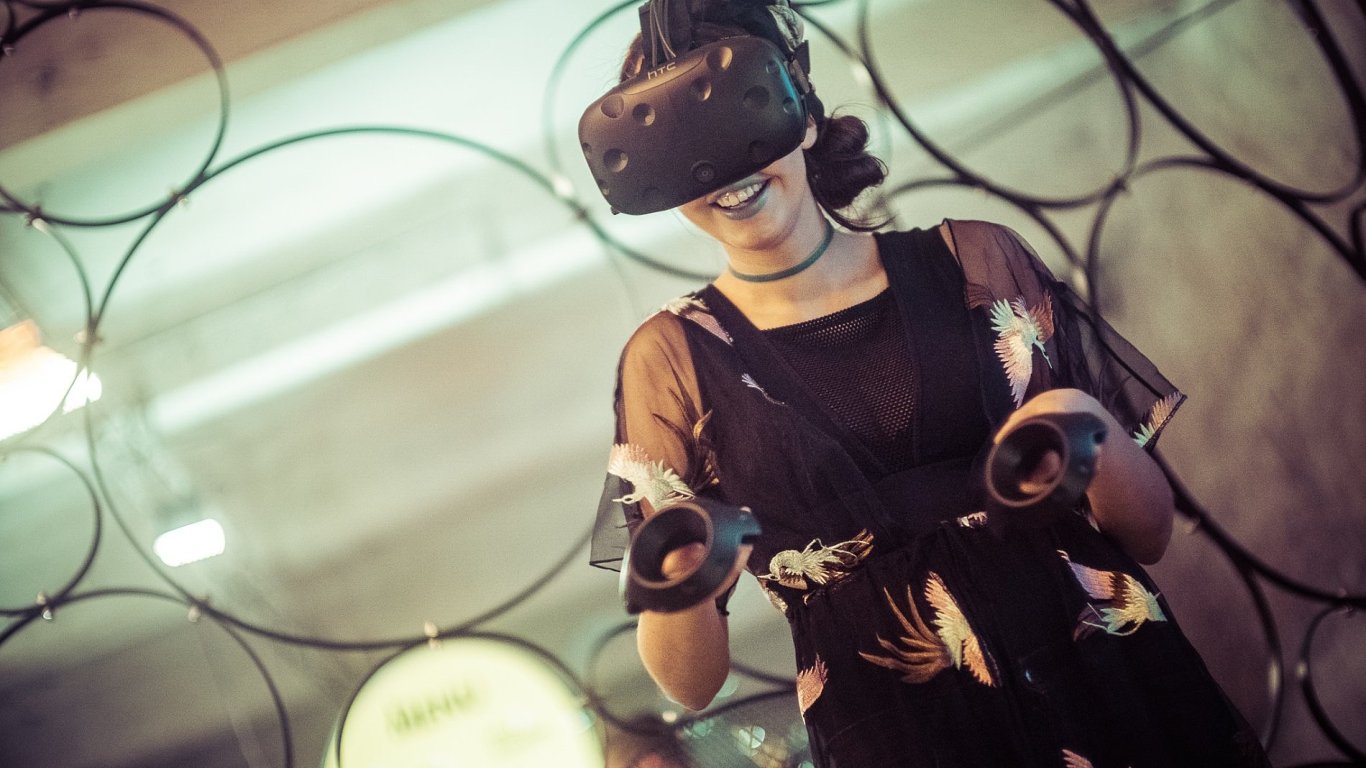The world of virtual reality (VR) is an ever-evolving landscape, and at the forefront of this technological revolution is the Czech Republic. Known for its rich history, stunning architecture, and vibrant culture, the Czech Republic is also becoming a significant player in the VR industry. With innovative startups and established companies harnessing the power of VR, the Czech VR scene is not just about gaming; it encompasses education, healthcare, tourism, and much more.
The Czech VR landscape is characterized by a blend of creativity and technical expertise. The country has produced a talented pool of developers, designers, and artists who are pushing the boundaries of what is possible in virtual environments. From immersive gaming experiences to realistic simulations for training purposes, Czech VR is paving the way for new experiences that captivate audiences worldwide. As we delve deeper into this fascinating subject, it becomes evident that the Czech Republic is on the brink of becoming a hub for VR innovation.
In this article, we will explore the various aspects of Czech VR, including its history, key players, and the future potential of this exciting technology. We will answer common questions about the Czech VR industry and highlight the unique contributions of this Central European country to the global VR market. Join us as we journey into the captivating world of Czech VR and discover what makes it a standout in the realm of virtual reality.
Read also:Chocolat Restaurant Amp Bar A Culinary Delight Awaits
What is the History of Czech VR?
The roots of virtual reality in the Czech Republic can be traced back to the early 1990s, with the emergence of computer graphics and animation technologies. As the country transitioned from a communist regime to a democratic society, the tech industry began to flourish. By the late 1990s and early 2000s, Czech developers started experimenting with VR applications, laying the groundwork for the industry as we know it today.
Who are the Key Players in the Czech VR Scene?
The Czech VR landscape features several noteworthy companies and individuals who have made significant contributions to the industry. Some of the standout players include:
- VRgineers: Known for their high-end VR solutions, VRgineers has developed the XTAL headset, which is designed for professional use in industries such as aerospace and automotive.
- Good AI: This company focuses on creating AI-driven VR experiences, enhancing user interactions and making virtual environments more immersive.
- Visuwords: A unique educational tool that leverages VR technology to help users learn languages and concepts in an interactive manner.
- Fast Production: Specializes in creating 3D animations and VR content for various industries, including entertainment and advertising.
What Are the Applications of Czech VR Technology?
Czech VR is making waves across various sectors, showcasing the versatility of virtual reality technology. Some notable applications include:
- Education: Virtual reality is being used to create immersive learning experiences, allowing students to explore historical sites or engage in interactive lessons.
- Healthcare: VR is utilized for medical training, helping professionals develop their skills in a safe and controlled environment.
- Tourism: Virtual tours enable potential travelers to experience destinations before making a decision, promoting cultural exchange and tourism.
- Gaming: Czech game developers are creating captivating VR games that transport players into fantastical worlds.
How is Czech VR Contributing to the Global Market?
The Czech Republic is becoming an essential player in the global VR market, with several factors driving its growth. The country's strategic location in Europe, combined with its highly skilled workforce, makes it an attractive destination for both startups and established companies looking to invest in VR technology.
What Are the Challenges Facing the Czech VR Industry?
While the Czech VR industry is thriving, it is not without its challenges. Some of the key obstacles include:
- Funding: Many startups struggle to secure funding, which can hinder their ability to scale and innovate.
- Competition: As the global VR market grows, Czech companies face increasing competition from other countries investing heavily in VR technology.
- Regulation: Navigating regulations related to data privacy and user safety can be complex for VR developers.
What is the Future of Czech VR?
As we look ahead, the future of Czech VR appears promising. With ongoing advancements in technology and an increasing demand for VR applications, the country is well-positioned to continue its growth in this field. Collaborative efforts between businesses, educational institutions, and government entities will be crucial in fostering innovation and ensuring that the Czech Republic remains a key player in the global VR landscape.
Read also:Okie Dokie An Indepth Look Into Its Origins And Cultural Impact
Conclusion: Why is Czech VR a Game Changer?
The Czech VR industry stands out for its unique blend of creativity, technical skill, and a collaborative spirit. As we have explored in this article, the applications of Czech VR technology extend far beyond entertainment, touching various sectors that enhance our everyday lives. With a rich history and a promising future, Czech VR is indeed a game changer, and it will be exciting to see how it continues to evolve and impact the global market in the years to come.


